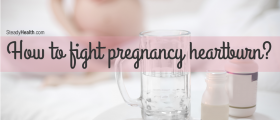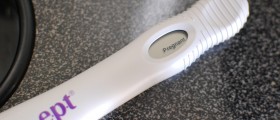
In the first place, you've got to remember that your body is growing a whole new human being from scratch, along with an internal organ of your own the placenta. It is no wonder that this takes some of the wind out of your sails! Many of the other symptoms that are common during the first trimester of pregnancy contribute to tiredness as well. If you are suffering from pregnancy nausea and vomiting, this can exhaust you physically. Being unable to keep meals down also means having less fuel to spend during the day. Frequent urination in the nighttime can shorten your time spent sleeping, and contribute to fatigue. And leg cramps or heartburn can also keep you up at night. Iron deficiency anemia is also more common in early pregnancy, and that can make you extremely tired.
Get a blood test so you can exclude anemia or treat it. Sometimes, simply giving into the fatigue and getting as much rest as you can is the best approach. Fresh air, and plenty of fruits and vegetables can also do you a lot of good. The best remedy for pregnancy fatigue is time, however. Most women find that they have tons of energy again once they enter the second trimester of pregnancy. If you are being bothered by other pregnancy signs, or are just hoping to find out more about them, do check out our full list.
















Your thoughts on this
Loading...